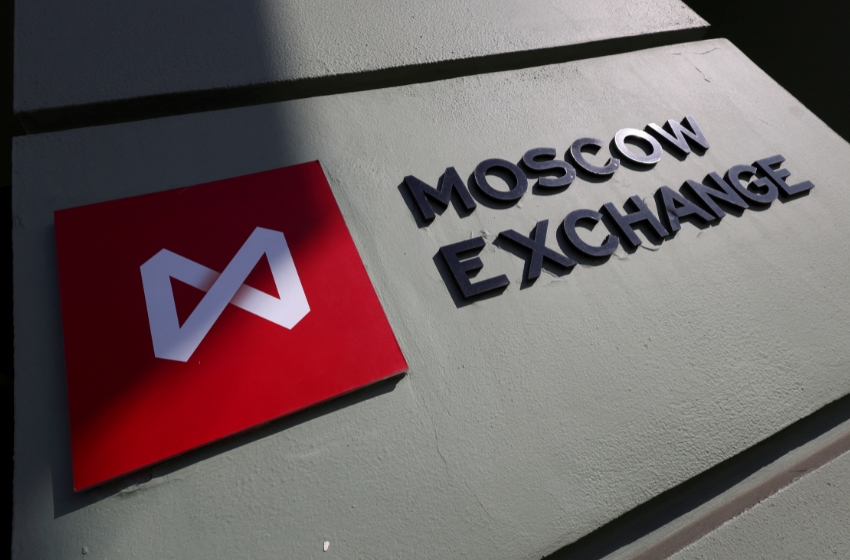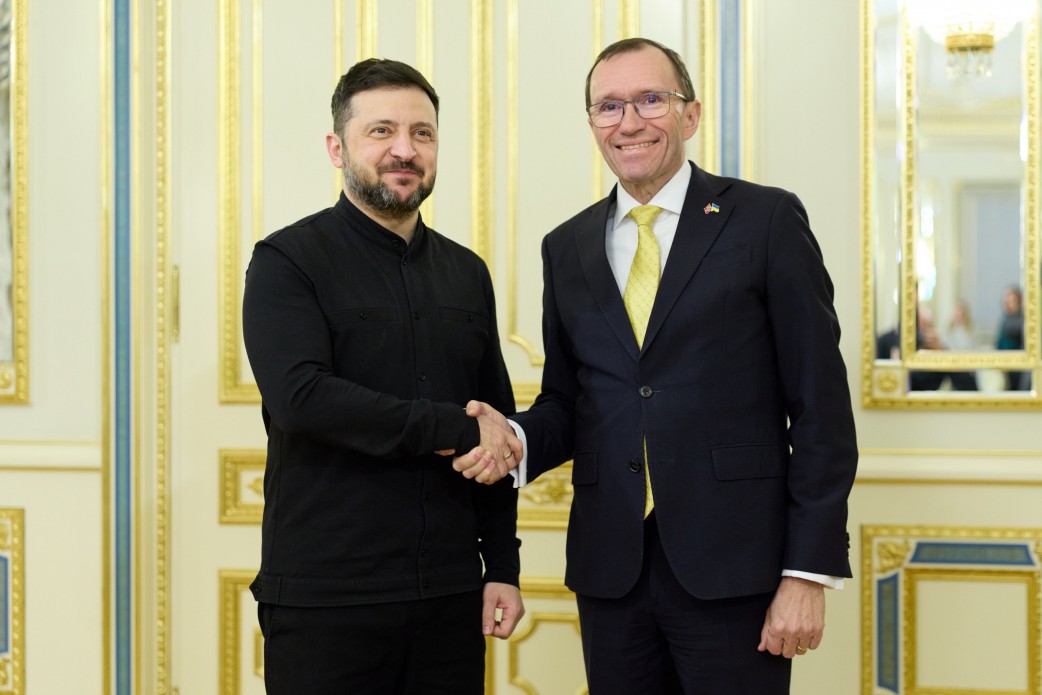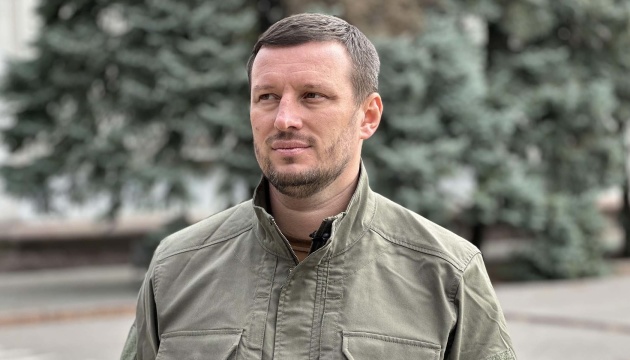Since June 13, the Moscow Exchange has ceased trading in dollars and euros. This occurred due to US sanctions—on June 12, the Moscow Exchange and its counterparties in currency transactions, the National Clearing Center (NCC) and the National Settlement Depository (NSD), were included in the sanction lists. The Russian Ministry of Foreign Affairs has already promised that "as always in such cases, Russia will not leave such aggressive actions unanswered."
Almost immediately, the cash dollar exchange rate in banks and exchange offices increased. Some brokers froze currency assets for withdrawal—representatives stated that they would need time to obtain data from the exchange and the Central Bank, which would allow owners to again dispose of them.
The Bank of Russia previously set the exchange rate based on the demand and supply for currency on the Moscow Exchange. Now, to determine the official exchange rates of the US dollar and euro against the ruble, the regulator will start using banking reports and data from digital platforms of over-the-counter trading.
Major banks, exporters, the Bank of Russia, and the government have been preparing for sanctions against the NCC and Moscow Exchange for at least the past year and a half, noted a former Central Bank employee in a conversation with "Vyorstka."
"I think they have come to the conclusion that the currency market in global practice is predominantly over-the-counter, and the shift of a greater share of settlements from the exchange to banks is unlikely to create insurmountable obstacles," he believes.
How will the cessation of currency trading on the Moscow Exchange affect the ruble exchange rate? According to experts, in the first weeks after the imposition of sanctions, fluctuations in the exchange rate are possible. However, cross-rates (where the value of two exchanged currencies is determined in relation to the dollar) will still be set by the global market and the ratio of these currencies to the yuan.
"For many people, the National Clearing Center (NCC) and National Settlement Depository (NSD) are fairly abstract institutions, and news of sanctions against them is unlikely to cause panic moods. Secondly, previous sanction shocks occurred against the backdrop of relatively low ruble deposit rates and launched a cycle of their increase. Whereas today's level is already quite attractive for ruble savers," the expert believes.
Physical persons will not see global changes, agrees an economist from a major Russian bank. It will still be possible to buy currency in banks and exchange offices, but in the first few weeks, its exchange rate will be unstable—it has already approached 100 rubles in some financial organizations, noted a source from the publication.
For those who want to sell currency, this is a favorable moment, but it is better to wait a few weeks before buying, added the expert. As for brokers, accounts will be unfrozen in the near future, he is confident.
According to a former Central Bank employee, for banks not under sanctions, the reduction of the role of the currency section of the Moscow Exchange will likely mean a decrease in competition and an increase in commission conversion income—meaning the opportunity to increase the difference between the best purchase or sale prices (conversion spreads).
However, the increase in conversion spreads will be possible to a greater extent for retail and small corporate clients, while large exporters and importers, especially those free from sanction restrictions, are likely to have the choice between domestic service and banking services in other major financial centers.




















